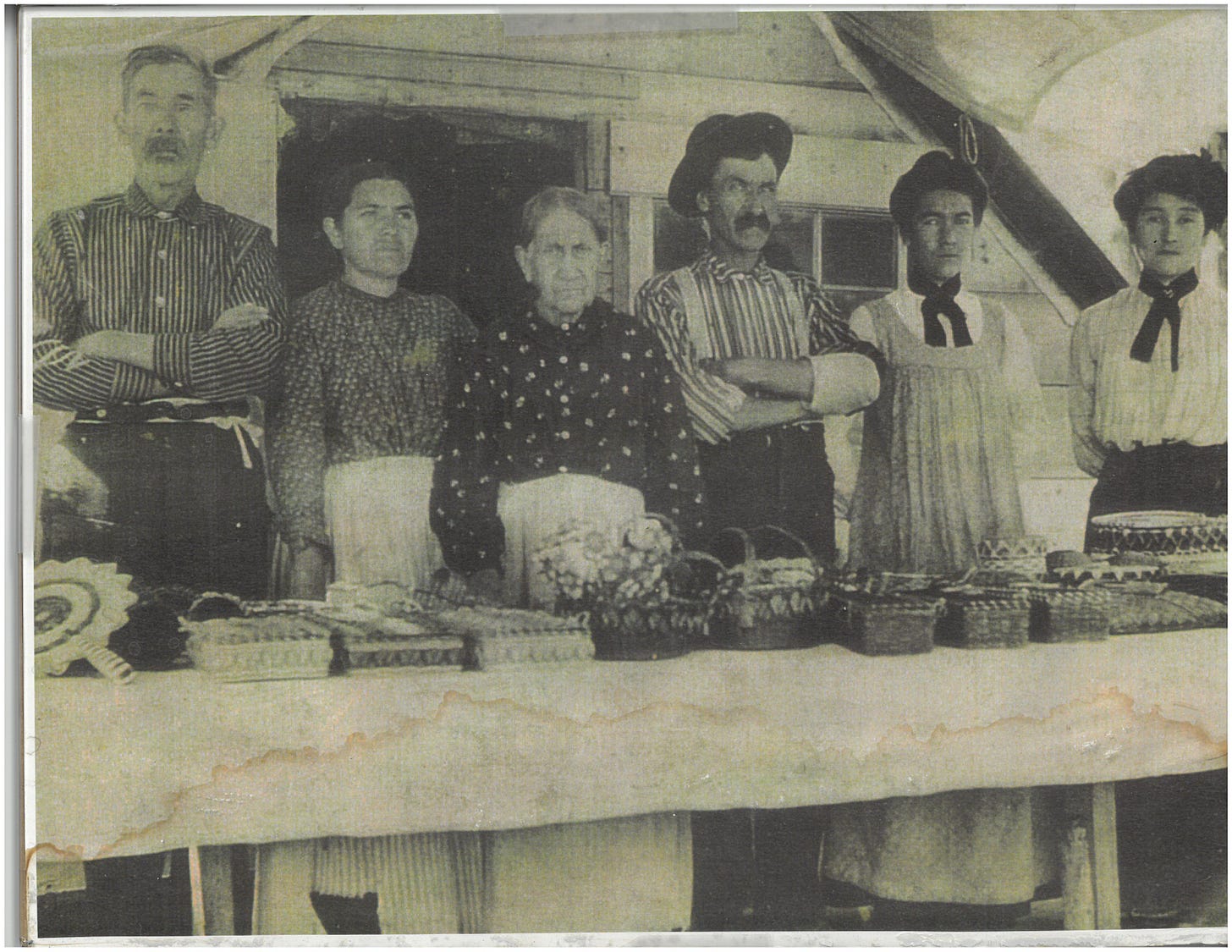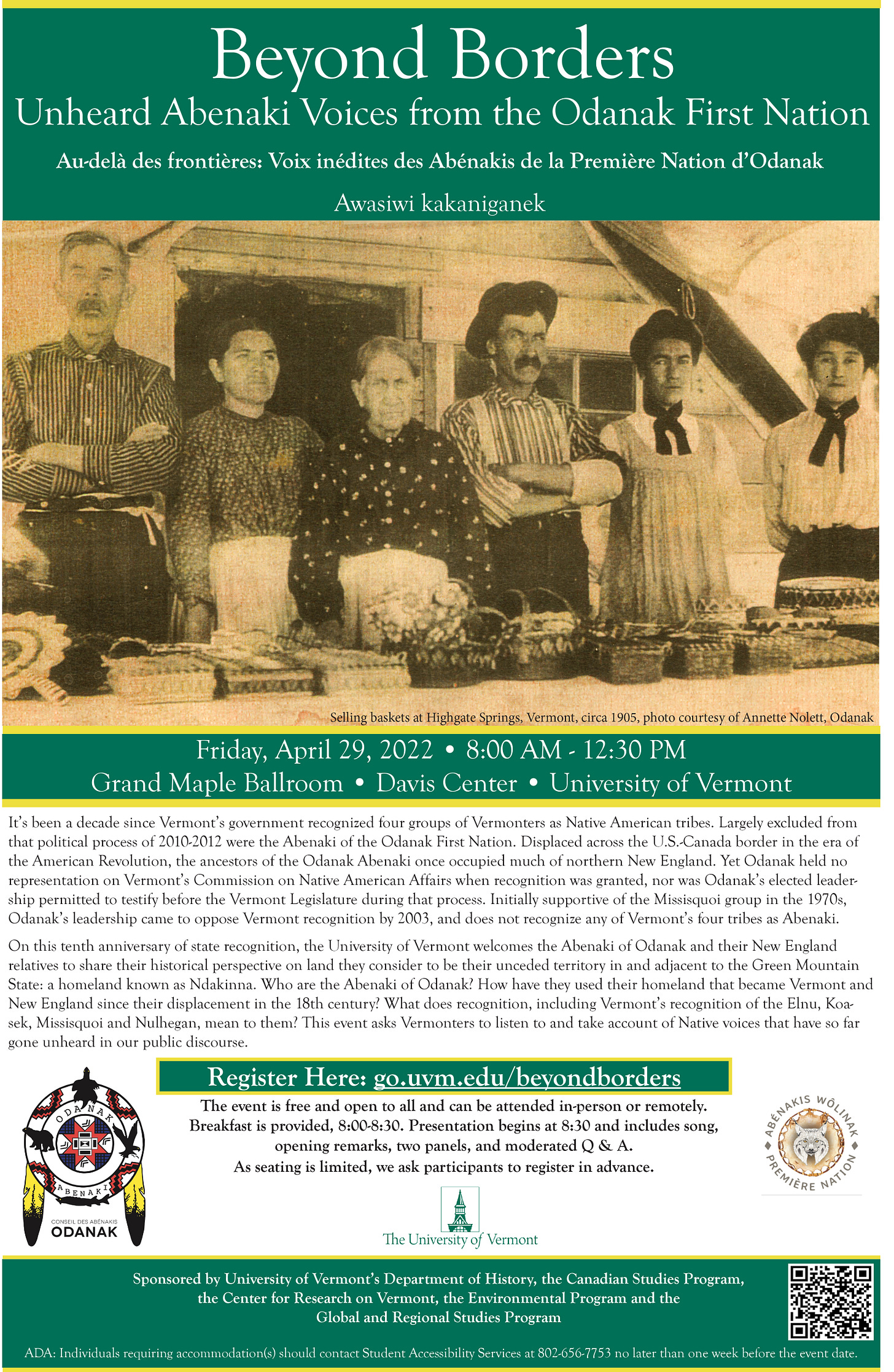Beyond Borders: Unheard Abenaki Voices from the Odanak First Nation
Sovereignty and Pretendianism
Modern Pretendianism is characterized by a distinct phenomenon: Almost every major figure denies being a citizen of a Native nation, whether it be a Tribal Nation in the United States or a First Nation in Canada.
Pretendians, in fact, go out of their way to point out that they have never claimed to be enrolled in a sovereign Native nation. Many follow this playbook because they have seen other figures tripped up by citizenship claims that can be disproven. Ward Churchill, for example, fell into the trap.
The result is that many modern Pretendians are able to claim some sort of connection with a Native nation without actually having to show how.
But what happens when entire groups of people — Pretendians even — claim to be from a particular Native nation and are unable to show how they belong to said sovereign nation? Well, in Vermont, it turns out they just created their own “tribes” and got the colonial state government to “recognize” them as such.
This end-run around Native sovereignty is the subject of a fascinating forum on April 29, 2022. Representatives of the Odanak First Nation are crossing the colonial Canadian border and into their historic territory in the U.S. to explain how Abenaki history, culture, rights and interests have been impacted by the “recognition” of groups of people who once claimed to be from Odanak — a claim that was disproven more than a decade ago.

So if you’re interested in hearing from some Native relatives to the North, register to attend the upcoming forum virtually at go.uvm.edu/beyondborders! From the event description:
It’s been a decade since Vermont’s government recognized four groups of Vermonters as Native American tribes. Largely excluded from that political process of 2010-2012 were the Abenaki of the Odanak First Nation. Displaced across the U.S.-Canada border in the era of the American Revolution, the ancestors of the Odanak Abenaki once occupied much of northern New England.
Yet Odanak held no representation on Vermont’s Commission on Native American Affairs when recognition was granted, nor was Odanak’s elected leadership permitted to testify before the Vermont Legislature during that process. Initially supportive of the Missisquoi group in the 1970s, Odanak’s leadership came to oppose Vermont recognition by 2003, and does not recognize any of Vermont’s four tribes as Abenaki.
On this tenth anniversary of state recognition, the University of Vermont welcomes the Abenaki of Odanak and their New England relatives to share their historical perspective on land they consider to be their unceded territory in and adjacent to the Green Mountain State: a homeland known as Ndakinna.
Who are the Abenaki of Odanak? How have they used their homeland that became Vermont and New England since their displacement in the 18th century? What does recognition, including Vermont’s recognition of the Elnu, Koasek, Missisquoi and Nulhegan, mean to them?
This event asks Vermonters to listen to and take account of Native voices that have so far gone unheard in our public discourse.
See you on the livestream!
#Odanak #Abenaki #BeyondBorders




